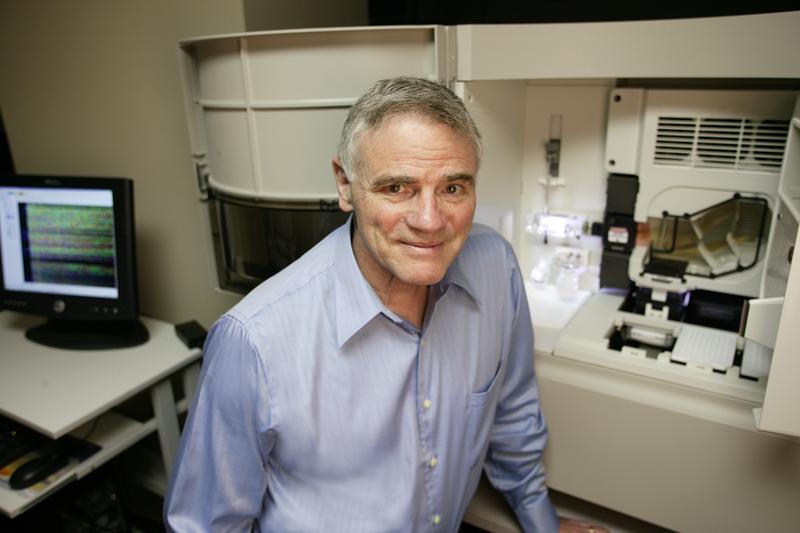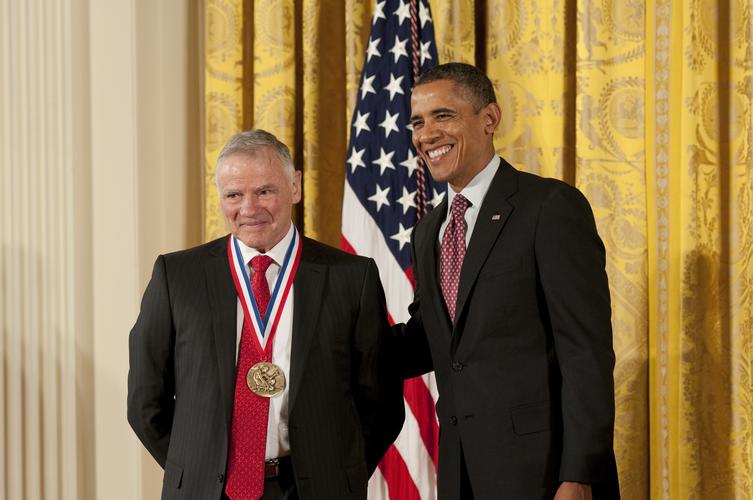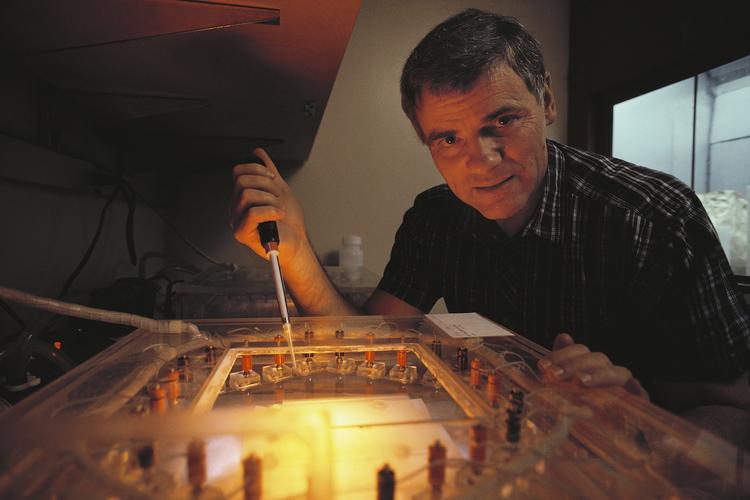Leroy “Lee’’ Hood’s mentor used to tell his charges that if they wanted to practice biology, they should “do it on the leading edge.’’
Hood took the words of his mentor, William Dreyer, to heart. Hood’s amazing career includes the development of numerous instruments, including a high-speed automated DNA sequencer and a DNA synthesizer, that are common in contemporary biology.
Hood earned a medical degree from Johns Hopkins School of Medicine and doctorate in biology from the California Institute of Technology, where he was also a long-time faculty member. The pioneering work he and his colleagues performed provided the base for two new disciplines: the study of proteins and the study of genomes. Along the way, Hood became famous for his work: The New York Times in 2001 called him a “biotech superstar.’’
The DNA sequencer opened the door for the Human Genome Project, which has identified the nearly 30,000 genes in human DNA.
In 1992 Hood was lured to the University of Washington with a grant from Bill Gates to create the department of molecular biotechnology. In 2000, he co-founded the Institute for Systems Biology, a nonprofit research facility.
By Bob Warren









